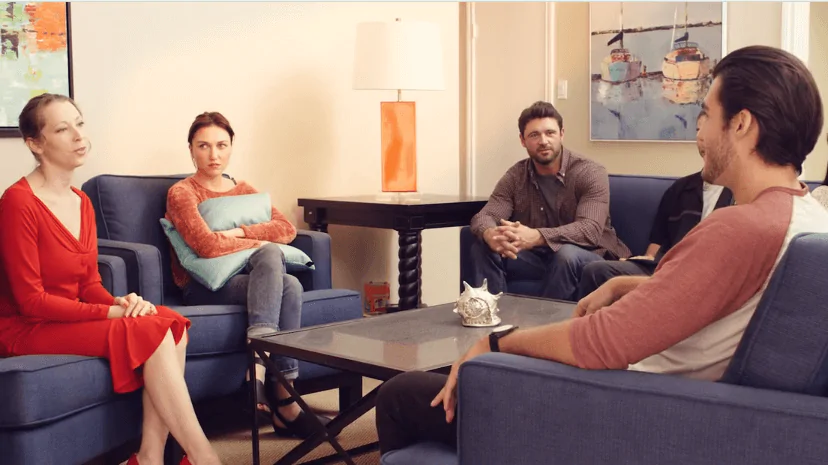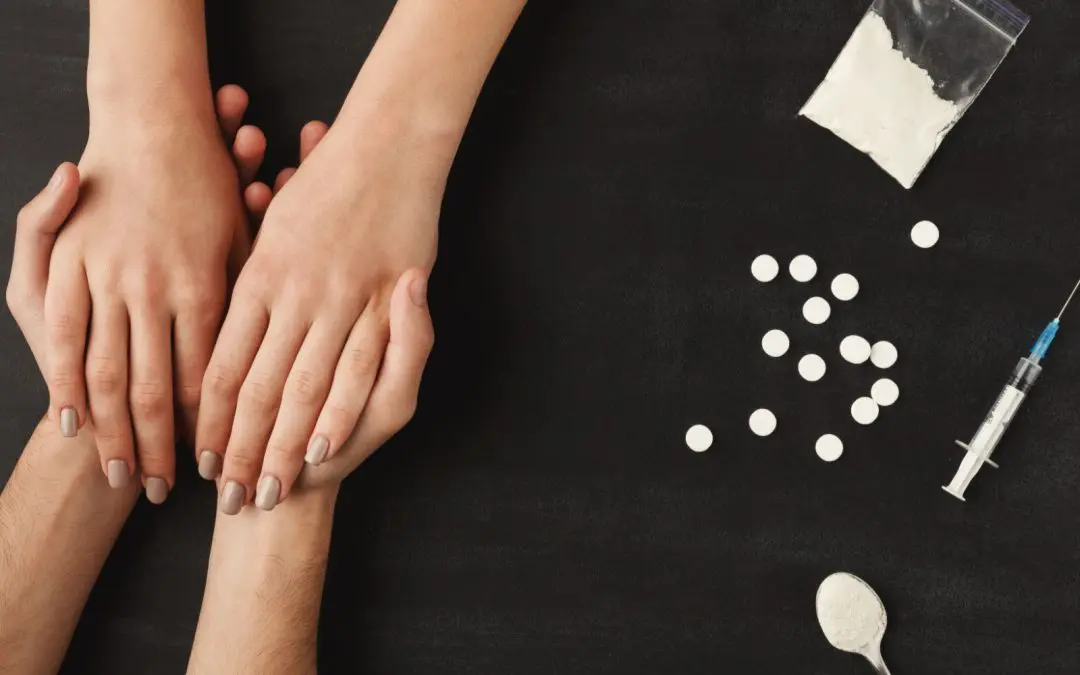24/7 Helpline:
(866) 899-221924/7 Helpline:
(866) 899-2219
Learn more about Dual Diagnosis Rehab centers in Kootenai County

Other Insurance Options

Cigna

Regence

Optima

Providence

CareFirst

Health Net

PHCS Network

Amerigroup

Sutter

Evernorth

Multiplan

MVP Healthcare

Anthem

Excellus

Magellan Health

Humana

Molina Healthcare

Private insurance

BlueShield

Highmark




Rathdrum Counseling Center
Rathdrum Counseling Center is a private rehab located in Rathdrum, Idaho. Rathdrum Counseling Center...

Aces Community Services
Aces Community Services is a private rehab located in Post Falls, Idaho. Aces Community Services spe...








































































































































